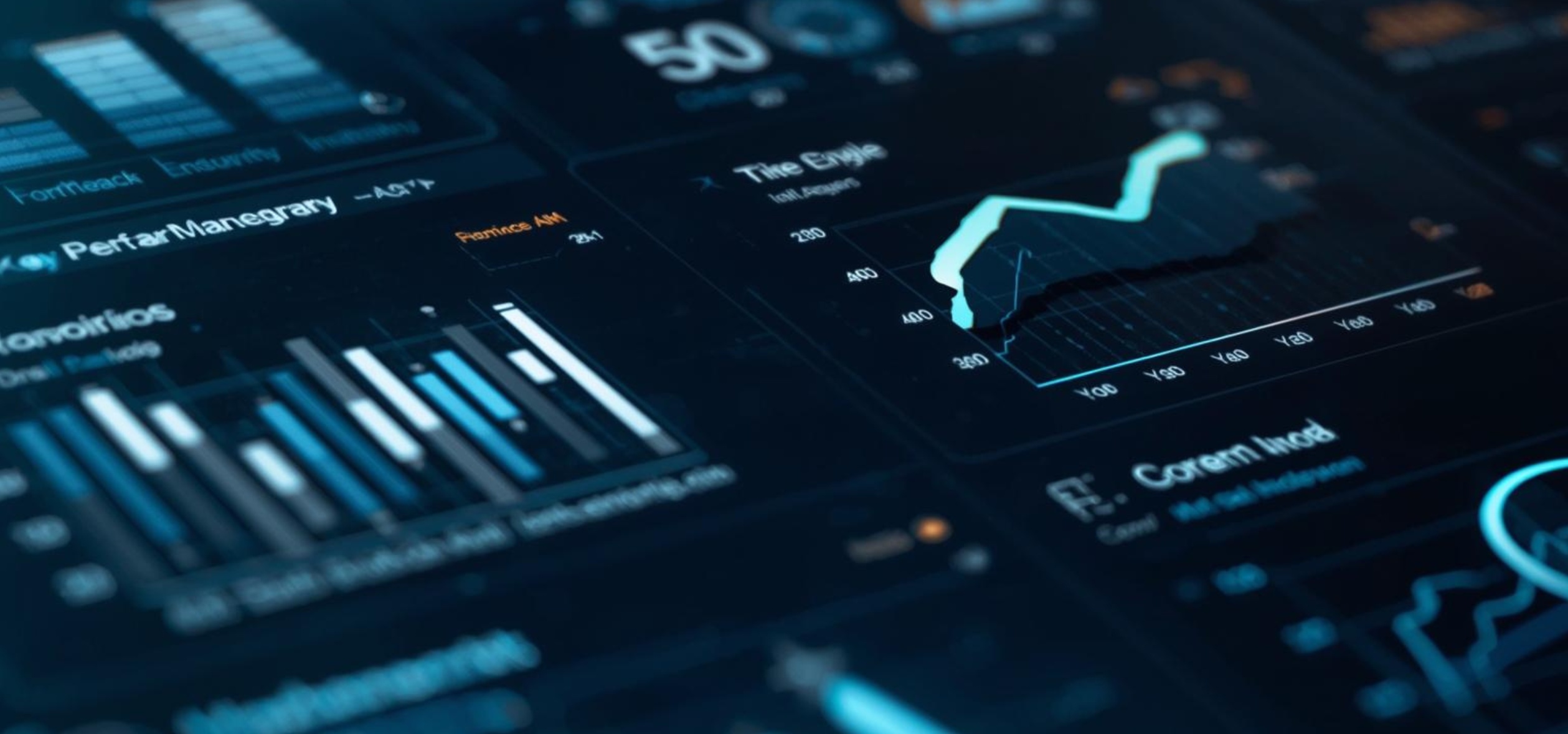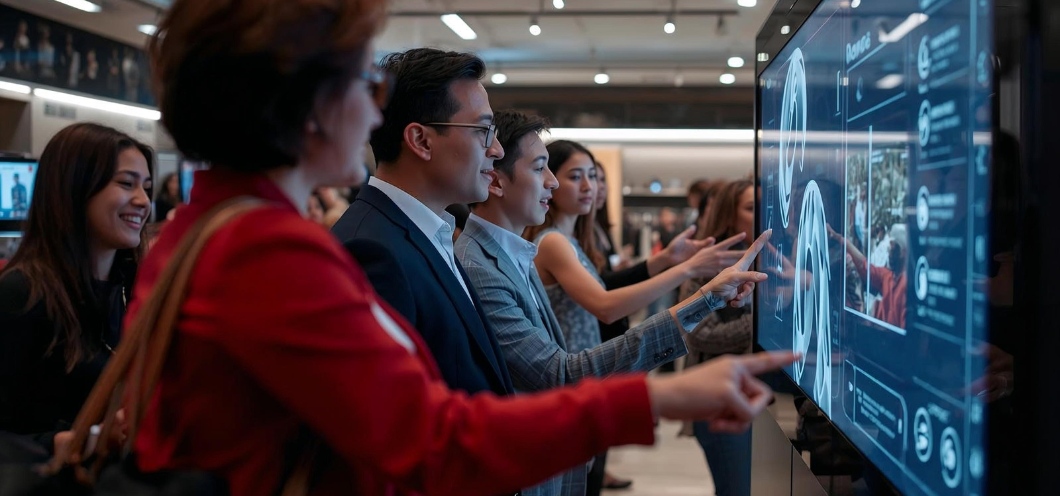- Samita Nayak
- 956
When we mention world trade agreements, everyone visualizes suits-wearing diplomats, lengthy negotiations, and reels of red tape. However, over the past few years, something’s happened. Heads of government—from presidents to prime ministers—are wading into the spotlight directly, making trade policy akin to CEOs brokering close strategic alliances.
This phenomenon isn’t merely symbolic. It’s altering how trade agreements are negotiated, signed, and enforced—and business leaders worldwide need to pay attention.
ALSO READ: Understanding the UN: Achievements, Criticism, and the Road Ahead
From Policy Architects to Power Brokers
Let’s begin with the fundamentals. Political leaders have never had any role to play in approving trade deals. But now, they’re actively brokering them—sometimes even spearheading them.
Think of leaders such as India’s Narendra Modi, who personally advocates “Make in India” in trade negotiations, or the U.S. President who actively renegotiates agreements such as NAFTA into the USMCA. These leaders aren’t passing the buck—they’re personally shaping the words, tone, and timelines of deals that impact trillions of trade.
Why it matters: When political leaders are at the wheel, bargains can happen quicker—but they also can get more unpredictable along election cycles or leadership.
Trade as a Foreign Policy Tool
It’s no longer purely economic. Trade agreements are now being employed as tools of diplomacy.
When countries sign strategic trade deals, they’re also sending signals of alliances, partnerships, and shared values. Consider the EU’s green trade provisions or China’s Belt and Road Initiative—both marry economic incentives with geopolitics.
Business takeaway: Businesses must look at trade agreements not only as economic levers, but as political signals—often linked to wider policy changes such as ESG, labor rights, or digital sovereignty.
Leaders as Brand Ambassadors for National Economies
Today’s political leaders function as salespeople-in-chief, selling their nations as investment destinations. They receive CEOs, attend international forums, and sign MoUs that lead to business deals.
Consider French President Macron’s aggressive wooing of technology companies, or Gulf leaders defining free zones for international businesses. Trade promotion is a leadership agenda item—not merely a bureaucratic function.
If you’re expanding globally: Watch for where political leadership is actively championing trade, as this often means stronger government support and fewer market entry barriers.
Bilateral Is the New Multilateral
With the WTO struggling to stay relevant and multilateral deals stalling, many leaders are pursuing one-on-one deals that better reflect their national interests.
This leaves political leaders with greater leeway to negotiate quicker, more tailored agreements. But that also adds more complexity for companies attempting to navigate a patchwork of trade regulations.
Smart strategy: Partner with local legal and trade specialists when expanding into new markets to avoid surprises contained in bilateral provisions.
Final Thought
These days, in this era of trade diplomacy, political leaders aren’t commentators—they’re lead negotiators. They move faster, more personally, and more explicitly connected to national identity and political brand.
For corporate leaders, this means watching market trends is no longer sufficient. You need to observe political trends, leadership types, and global cues—because they inform the trade agreements that inform your supply chains.
So, the next time a global leader hits the headlines at a trade summit, don’t swipe on by. That handshake could be the beginning of your next chance—or disruption.
Tags:
International RelationsPolitical LeadershipAuthor - Samita Nayak
Samita Nayak is a content writer working at Anteriad. She writes about business, technology, HR, marketing, cryptocurrency, and sales. When not writing, she can usually be found reading a book, watching movies, or spending far too much time with her Golden Retriever.
Popular Post





